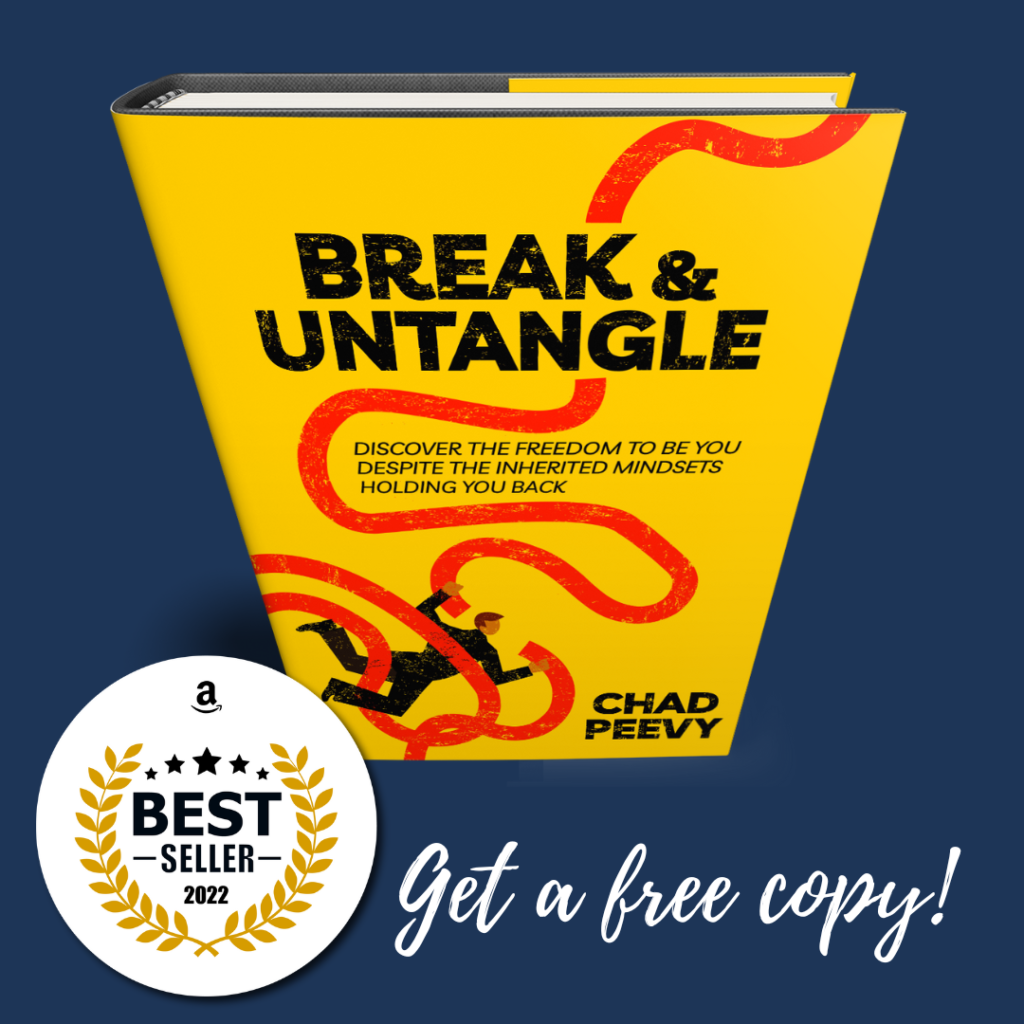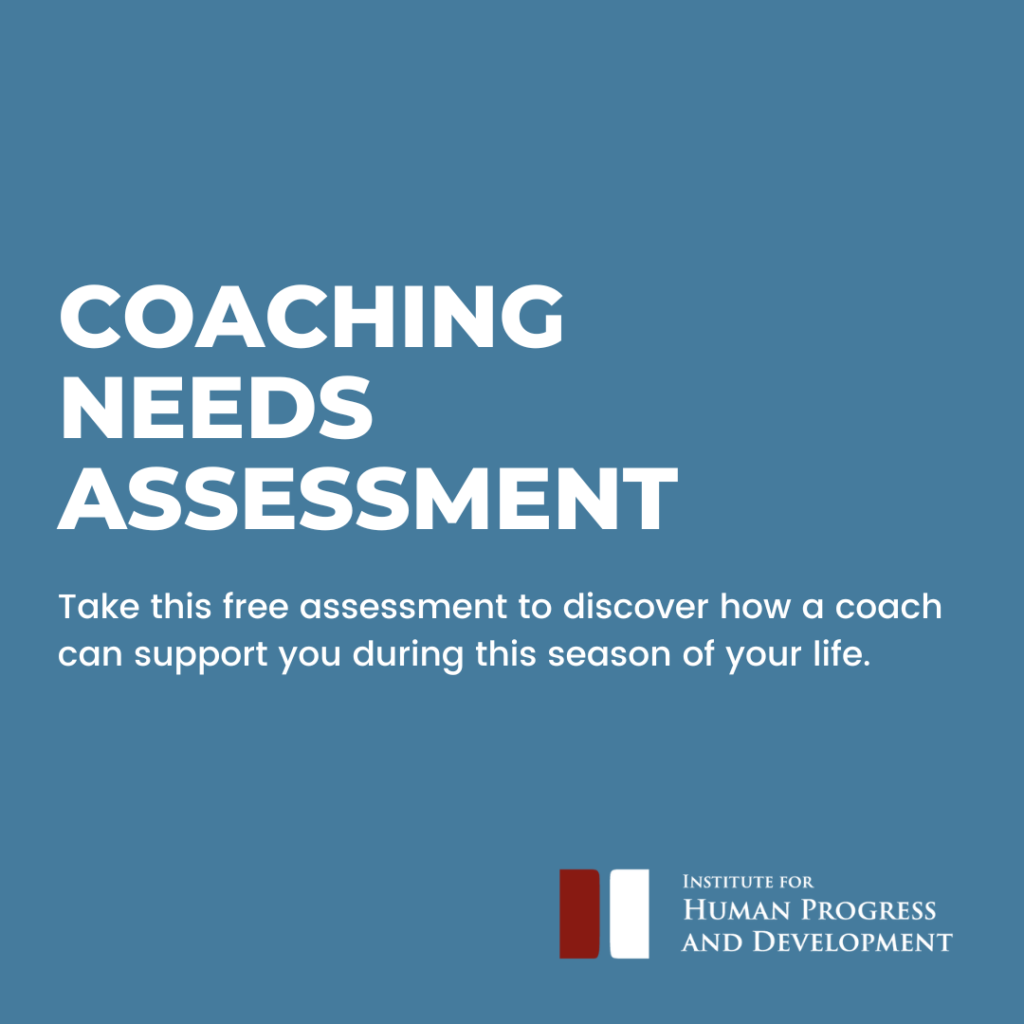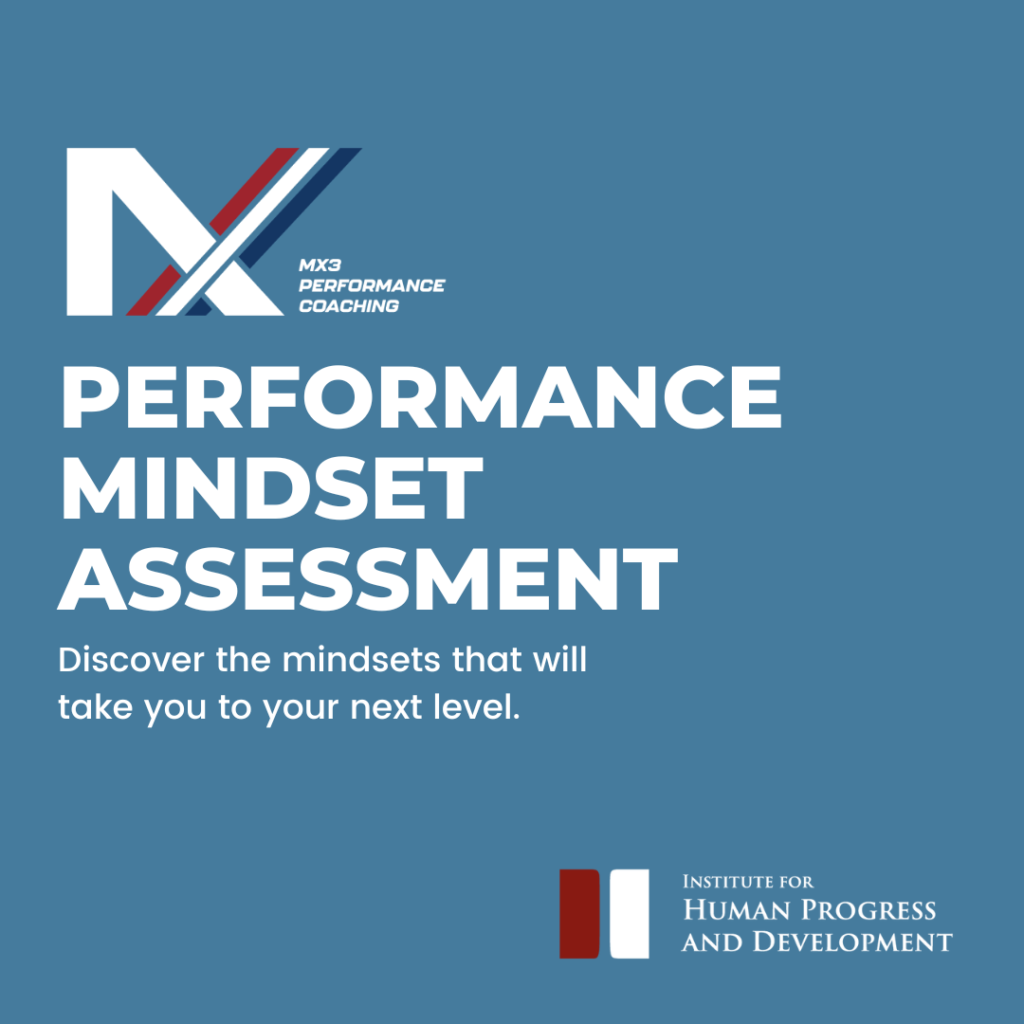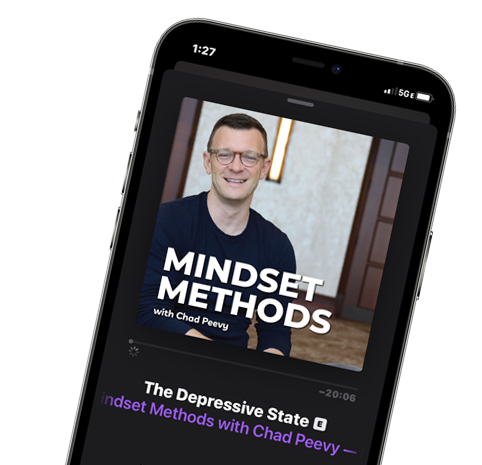internal dialogue, judgment, and beliefs
I need to go to Whole Foods.
I love apples. Do we have peanut butter.
I hope that client comes through this week.
Where is Pasha?
Bailey is acting older, I need a puppy.
I wish my knee would stop hurting.
Ugh, I feel fat. Put that peanut butter back and go for a run.
Internal dialogue – the ceaseless, ongoing conversation in our heads.
You see internal dialogue illustrated in cartoons, the character will have an angel on one shoulder and the devil on the other.
Oh, if only it were that simple.
The internal dialogue I have experienced is different than what is shown on screen, there’s no rational discussion between me, good, and evil. Are you kidding me? It’s more like me and the cast from “101 Dalmations.” Yappy, needy little voices, all in my head all competing for my attention, pulling me from one direction to the next.
Thought after thought popping into my head, some good, many unwelcome. They come and they go, here one second and gone the next.
This is Chad Peevy, thank you for listening to my podcast.
In the last podcast I talked about my practice in mindfulness, I shared with you the 4 practices that help me still my mind, one of them being meditation.
So, as I was thinking about this week’s podcast I wanted to try a little experiment.
I wanted to know how well I was meditating. I’m sure those of you who are mindfulness experts are going to have plenty of reasons to criticise me on this one and so to you I say, namaste.
My work flirts with the intersection of life and business. So while I’m always looking for personal development, I’m also looking for a return on my investment.
So I’m asking myself…
I’m meditating all day, putting in the time, I have to wonder…Am I getting better at this? How many times is my mind drifting off in thought as I try to calm my mind and stay in the present?
So I did what any rational person would do, I took to the internet.
I bought a hand-counter from Amazon, that kind you always see the bouncer holding at the door. 2 days later it shows up and I’m off to meditate.
I get into position, start the timer on my phone, and place the clicker in the palm of my hand.
“In and out, in and out, focus on the breath” I told myself.
Each time I had a thought that distracted me from focusing on the “in and out” of my breath, my thumb triggered the tally on the counter.
In my 12 minutes of meditation that day, I clicked the counter 48 times. Keep in mind this is the time I and trying to limit my random thoughts. The result? A new thought popped in my head, I acknowledged and recording it, every 15 seconds.
This was no scientific study by any means, I simply wanted to do a little self-monitoring, like stepping on a scale. And to be fair, at least of few of those thoughts were about the clicker itself.
So what does that tell me, what did I learn?
Well, my first take-away was, “dude, what a nerd”
My second thought was, “Chad, I think you’re really missing the point of meditation.”
But my third thought was, “wow! If I’m distracted by thought every 15 seconds while I’m in the act of calming my mind, what must that rate be during the regular course of my day?”
I don’t know, tracking and recording that would be a major task. And I couldn’t find any reputable scientific source to answer the question, so the mystery remains for me. But I can imagine that total daily number would dwarf the one from my little experiment.
That’s a lot of thinking. And all that thought is exhausting. By the way, did you know your brain only makes up about 2% of your total body weight, but consumes 20% of your energy? That’s why you can’t think straight when you’re hungry, your brain literally needs to be fed.
Can you imagine the impact on productivity that barrage of thoughts must have?
In the coaching program I authored, I define ‘psychology’ as the health of our internal dialogue. We will borrow that definition for the sake of today’s podcast. The health of our internal dialogue.
There is always a conversation going on inside of our heads, at least for us mere mortals.
Eckhart Tolle in his book “The Power of Now,” talks about a state of being wherein we are not the participants in that conversation, but rather observers of it. He goes on to suggest that we reach a level of being that allows us to essentially turn that conversation off when it is not in serving a purpose.
Tolle advocates the discovery of this state by intensely focusing one’s attention in the present. He speaks of focusing one’s attention on the mundane parts of our daily routine so that it essentially de-identifies you from your mind – and grounds you in the present.
I am drawn to the idea, it’s a seductive thought, to have a mind that activates on demand and stays focused on the here and now.
Easier said than done though, my friend.
While Tolle’s approach to one’s state of present mind is something I strive for, it’s not where I am nor is it where I started my journey to improving what we defined earlier as a healthy psychology.
In today’s podcast I want to share with you how I began my journey of taming un-useful thought patterns and I’ll share with you some tools to begin your own journey.
When we’re growing up, we are told – and we make up – stories that define who we are and how we view the world. These stories essentially become our worldview.
Many times, much of these worldview ideas are not based in reality. They are based on what someone told us or what we told ourselves – we believed it and never challenged the idea, and so it stuck.
Our worldview will manifest itself in our lives.
Simply put, what we think, we become.
When I realized that, it changed my life.
If you subscribe to that idea, the idea that what you think, you become, it gives you an enormous amount of personal power. It also requires a major dose of personal responsibility.
If my thoughts produced my current circumstances, then I have to take responsibility for my current circumstance.
And if my thoughts produced this, they can produce something else.
Too many people go through life though, and never take the time to reflect on their thoughts, actions or beliefs.
They go through life stuck in a pattern that is familiar, even if unsatisfying.
Many people never take the time to reflect on their belief system and ask simple questions like: Where does this thought come from? Why do I think that? Is this something that I truly believe, or was this thought passed to me by someone else?
These are simple but essential questions that a person who wants to thrive, must ask themselves and ask often. There is no greater influence on your happiness or success than your very own thoughts and beliefs.
I grew up in a fundamentalist christian church. I was taught to believe many things that weren’t congruent with my own experience. (I know that this example is extreme, but I believe it powerfully illustrates my point.)
I was a young man coming of age, taken to church every Sunday morning, Sunday night and Wednesday night.
I was taught a terrible belief system of hate and judgement that I believe did an enormous amount of damage to me and contributed greatly to my unhappiness as a young man.
I was so unhappy because of the incongruence that existed in my beliefs. I was taught that being gay was a sin – to hear them tell it – one of the greatest sins of all. I was taught that the “homosexual agenda” was one that was a great threat to our way of life. I was taught that gay people were disgusting, vile people who deserved nothing but an eternity of hell fire and brimstone. I was taught that gay people should all be sent away to a remote island so they couldn’t infect the rest of us.
I heard terrible things said about gay people. But what is most troubling to me and what has had the most profound impact was that, I wasn’t just hearing these things, I was also the one saying these things – from the pulpit of the church.
At some point I got it in my head that I was so damaged, the only way to repair and compensate was to go deeper into the beliefs I was being taught. I wouldn’t just internalize and adopt the belief but I would evangelize the message. If I could spew enough hatred then I would deflect attention and suspicion of myself.
I would study the book of Leviticus and then go to deliver a message to the church on the dreadful condition of the homosexual. If I could just hate myself enough, the gay had to go away.
I never made it through one of those talks without sobbing. I would stand there in front of the church, saying horrible things about gay people, crying my eyes out because I knew that I was one of them.
I was gay, I was this evil thing that I kept hearing about.
But here’s the thing: I had no role models. At that point in my life I had never met an openly gay person and as far as I could remember, never even seen one on TV.
I didn’t know that gay people were actually healthy, contributing members of society, even though many at the time were hiding their true identities.
I didn’t know that, all I knew was what I was hearing about them and then repeating in church.
It took me many years of challenging that belief system to get to a place where I wasn’t beating myself up for being gay. But if I’m honest, traces of that internalized homophobia still exists, I still get uncomfortable when I see two men or two women holding hands in public. It’s the strangest thing, I’m cheering for them in one part of my mind, and I’m scared for them in another.
So I continue to do the work and walk my own journey of acceptance for myself and others, and one day love.
I know this is an extreme example, but I want you to consider that when your internal dialogue, our worldview, the stories and conversations we tell ourselves are negative and judgemental, we are holding ourselves back from living fully.
Maybe it’s a belief that you’re not good enough.
Belief that you’re not ready.
Belief that if you leave an abusive marriage that you’ll never make it on your own.
Belief that you’ll never find the right person, that you’re meant to be alone.
Belief that you don’t have the time to work out or eat right.
Belief that you’re just meant to be a poor starving artist.
And my all time favorite, a belief that this is the way things are supposed to be, because this is just the way we’ve always done it.
How is your state of judgement, your beliefs, your internal dialogue contributing to the best version of you?
Challenging my beliefs was only one part of a healthier psychology. I also had to seek out role models, read books, and talk to people who were like me. Do you have a healthy psychology?
These are just a few examples of how our beliefs are manifest in our lives, but there are others that can also have an impact on our well-being and success.
Phrases that we grow up hearing that we perpetuate through our lives. Things like, “you can’t have it all,” “money doesn’t grow on trees,” “who do you think you are?”
One of the more overlooked lessons from Tolle is that we can be in observation, without being in judgement.
I grew up in small town Arkansas, I know all about judgement. It’s hard to see a person, a family, a situation and not be in judgement of it. But that was before you knew that you could simply observe without being in judgement.
It’s the judgement part that opens our minds up to an unhealthy internal dialogue – because who is impacted by your judgement – an inherently negative thought pattern? Is it the person or object of your judgement? Usually not. The damage of judgement falls on us.
I want to challenge you to try something this week….
I want you to make a decision to not be in judgement this week. This means refraining from judgement of what you see, hear or experience, and simply be in observation of it.
This also means not being in a state of judgement. A state wherein the thoughts and beliefs that you hold are cemented and unquestioned.
I want you to open yourself up this week to new possibilities, new friendships, new connections, new ideas, and new opportunities.
Simply be in observation. And then ask yourself questions.
Where does this thought come from? Why do I think that? Is this something that I truly believe, or was this thought passed to me by someone else? Does this thought serve me or sabotage me? Are these thoughts creating the future I want for myself? Do these thoughts reflect the person I want to be?
If you find in your life that you’re coming up short, if you know that you have more potential, you have more to give, you want to make a bigger impact and perhaps a bigger income, then examine your thinking. You may be stuck in a state of judgement. You may have an internal dialogue holding you back.
When you look at your life, you are looking at the result of your thoughts.
Consider how your thoughts and beliefs are impacting your relationships, career, health, money, your future, your very identity.
What have your thoughts gotten you so far?
If you’re not happy with what’s showing up in your life, it’s time to make some changes to your thoughts.
Maybe it’s time for some kindness, some forgiveness, some love – for yourself and others.
Maybe it’s time for some healing.
Maybe it’s time to confront and challenge your thoughts and beliefs.
Maybe it’s time to recognize that your mind is ruminating in negativing and judgement, only leading to your own misery.
Maybe it’s time to stop judgement and simply observe.
Maybe it’s time to replace the negative thoughts with thoughts that support and affirm you.
You don’t have to become Deepak Chopra or Eckhert Tolle to feel a little better. If you’re path is like mine where you deal with issues of depression or anxiety, making the leap from here to enlightenment is a long one.
There are things you can start to do today to ease your mind. A practice in mindfulness and an evaluation of your internal dialogue are great places to start.
I want to remind you today that these podcasts are not a substitute for the help of a mental health professional. There is no shame in asking for help if you need it.
I appreciate your listening. If you haven’t followed me on Facebook or Instagram, please do.
And if you could take a minute to give the podcast a positive rating, that would be really helpful for me.
Until next time, I’m Chad Peevy


